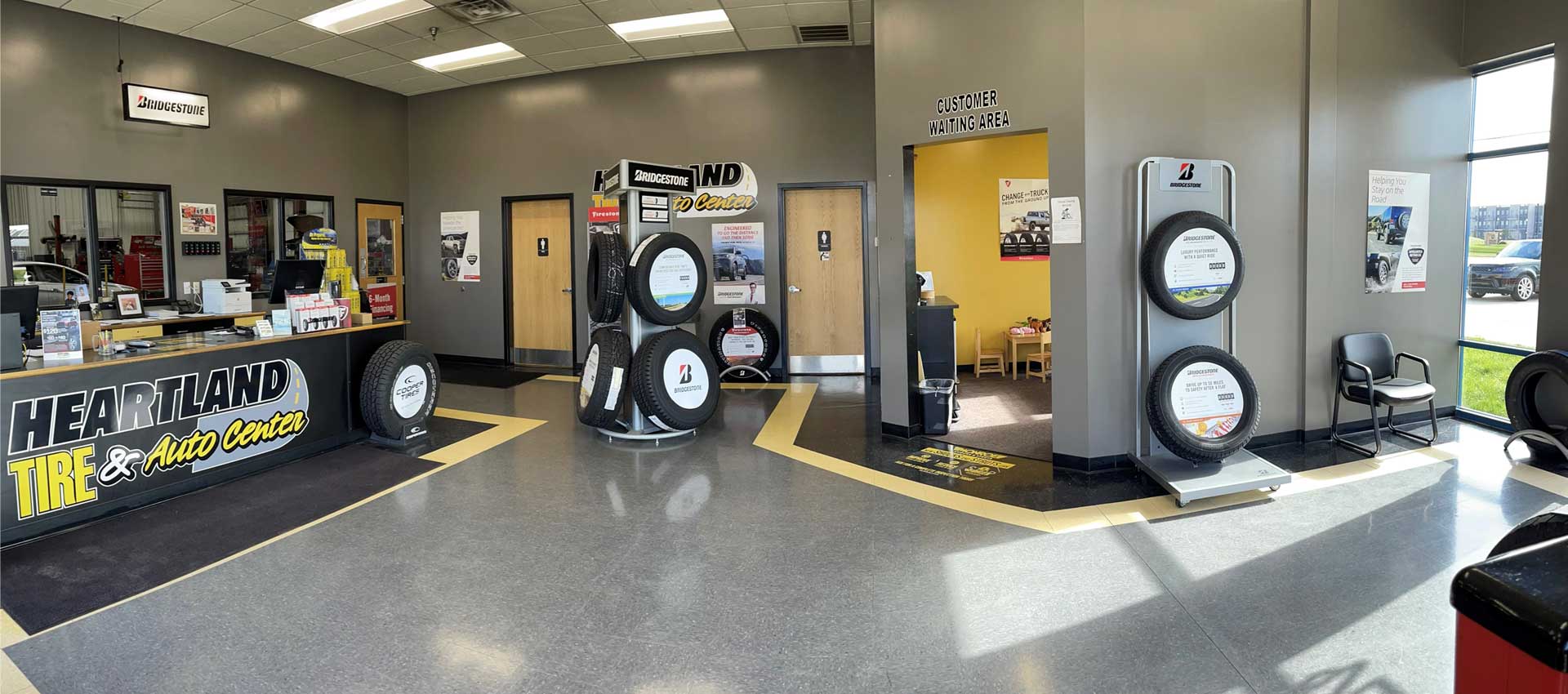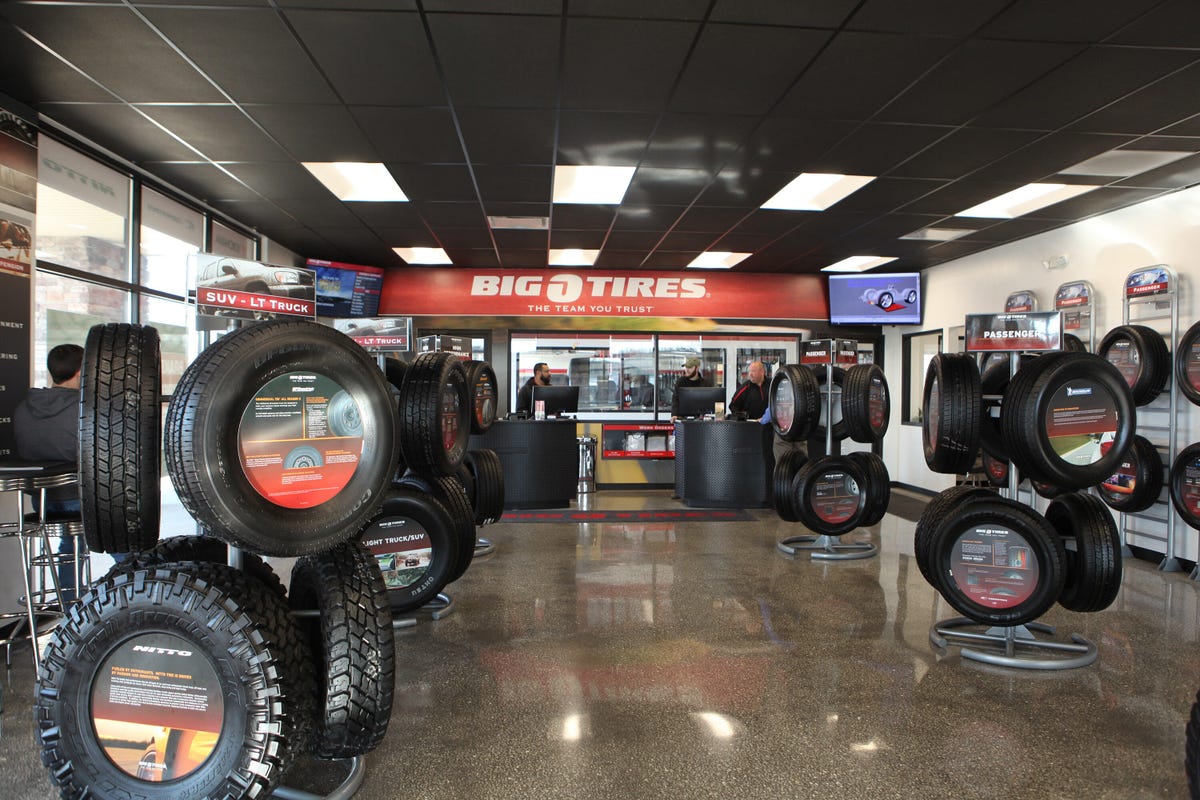Get Expert Tire Provider at Tire Shop Morris: Contentment Ensured
Get Expert Tire Provider at Tire Shop Morris: Contentment Ensured
Blog Article
Tire Solution: Comprehending Tire Stress Surveillance Systems
Recognizing Tire Stress Tracking Solutions (TPMS) is a vital aspect of preserving optimum automobile performance and safety and security on the road. With improvements in automotive modern technology, TPMS has actually become a common function in modern automobiles, providing real-time information on tire stress degrees.

Relevance of TPMS
The significance of Tire Pressure Tracking Equipments (TPMS) lies in their capacity to boost vehicle safety and efficiency with real-time surveillance of tire pressure levels. Maintaining the proper tire pressure is crucial for guaranteeing optimum handling, stopping, and total safety of a lorry. TPMS gives chauffeurs with prompt comments on any type of underinflated or overinflated tires, permitting prompt modifications to be made.
Components of TPMS
Consisting of different essential aspects, a Tire Stress Surveillance System (TPMS) operates as an innovative safety attribute in modern automobiles. The primary components of a TPMS consist of sensing units, a control component, and a warning indicator. Sensors are typically located in the tire valve stem or connected to the wheel setting up, where they measure tire stress and transmit information to the control module. The control module processes this details and triggers a warning if it discovers dramatically reduced pressure in any of the tires. The caution indication, commonly an icon on the control panel, signals the driver to examine the damaged tire or tires. Some advanced TPMS models additionally present the actual tire stress analyses for each tire, supplying motorists with real-time information to ensure optimal tire efficiency and safety and security. By keeping track of tire stress continually, TPMS assists prevent accidents, minimizes tire wear, and boosts gas performance, making it an essential element for automobile security and performance.
Kinds Of TPMS

On the other hand, indirect TPMS depends on the car's wheel speed sensing units to keep track of tire stress. This system discovers underinflation by contrasting the rotational speeds of the wheels. Indirect TPMS is much less expensive than straight TPMS, as it utilizes existing sensing units within the vehicle.
While direct TPMS supplies much more exact readings, indirect TPMS is easier in style and commonly needs much less maintenance. Both systems have their restrictions and advantages, and the selection between them commonly relies on aspects such as price, automobile make, and individual preference. Comprehending the distinctions in between these 2 kinds of TPMS can aid car proprietors make educated decisions relating to tire maintenance and safety.
TPMS Upkeep Tips
Reliable upkeep of TPMS is important for making sure optimum performance and safety of your automobile. Regularly examining the TPMS sensors for any type of damages or deterioration is crucial. Guarantee that the sensors are complimentary and tidy from particles that might disrupt their performance. Additionally, it is recommended to check the sensor batteries regularly and replace them as needed to guarantee precise readings. Conduct routine checks on the tire pressure degrees and compare them with the TPMS analyses to ensure they are constant. If there are any type of inconsistencies, alter the system complying with the maker's standards. In addition, throughout tire rotation or replacement, make sure that the TPMS elements are managed very carefully to avoid any type of prospective damage. If the TPMS warning light brightens on the dashboard, address the concern without delay by inspecting the tire pressures and the total system for any mistakes. By adhering discover here to these upkeep ideas, you can prolong the life-span of your TPMS and enhance the safety and security of your driving experience.
Benefits of Proper Tire Stress
Maintaining appropriate tire stress, as emphasized in TPMS Maintenance Tips, is important for reaping the many advantages associated with ideal tire stress degrees. One of the primary advantages of keeping the correct tire pressure is enhanced fuel performance. When tires are correctly inflated, there is less rolling resistance, leading to far better gas economy. Additionally, proper tire stress makes sure even tire wear, prolonging the lifespan of the tires and promoting much safer driving problems. With the best tire stress, lorries additionally have better handling and traction, especially in unfavorable weather. This can boost overall driving performance and safety for the chauffeur and guests. In addition, maintaining optimal tire pressure can contribute to a smoother and a lot more comfortable trip by reducing vibrations and noise triggered by underinflated tires. In verdict, the advantages of proper tire pressure surpass just tire longevity; they incorporate boosted fuel performance, improved security, much better car efficiency, and overall driving convenience.
Conclusion
In final thought, comprehending tire stress monitoring systems (TPMS) is vital for keeping ideal tire pressure and ensuring lorry safety and security. By identifying the significance of TPMS, being familiar with its elements, recognizing the various types readily available, adhering to appropriate upkeep ideas, and understanding the benefits of preserving correct tire stress, drivers can enhance their driving experience and lengthen the life-span of their tires. Proper tire pressure is key to secure and effective automobile operation.

Report this page